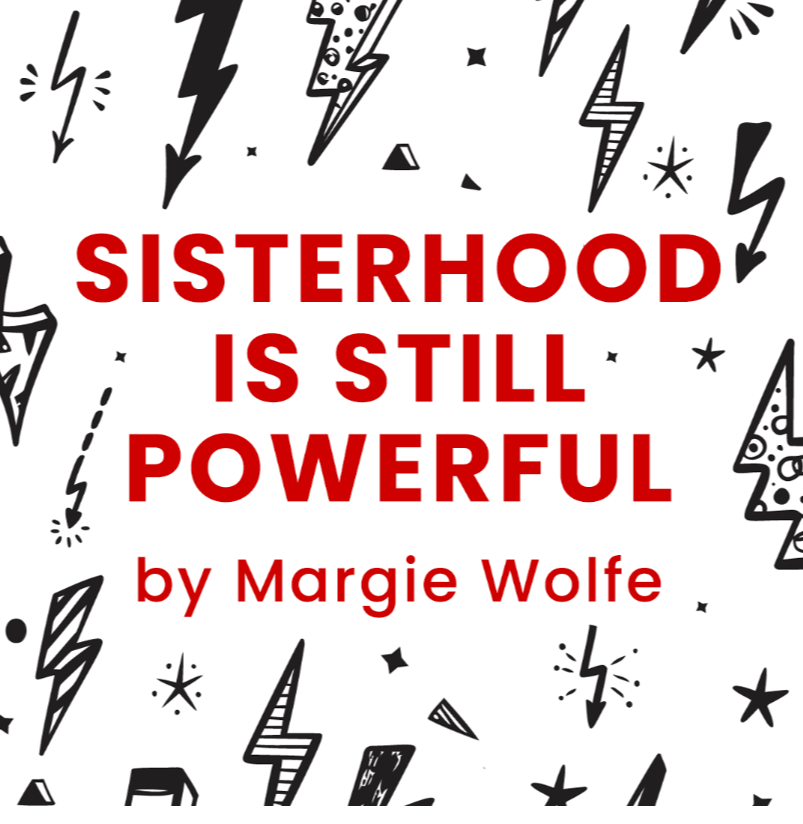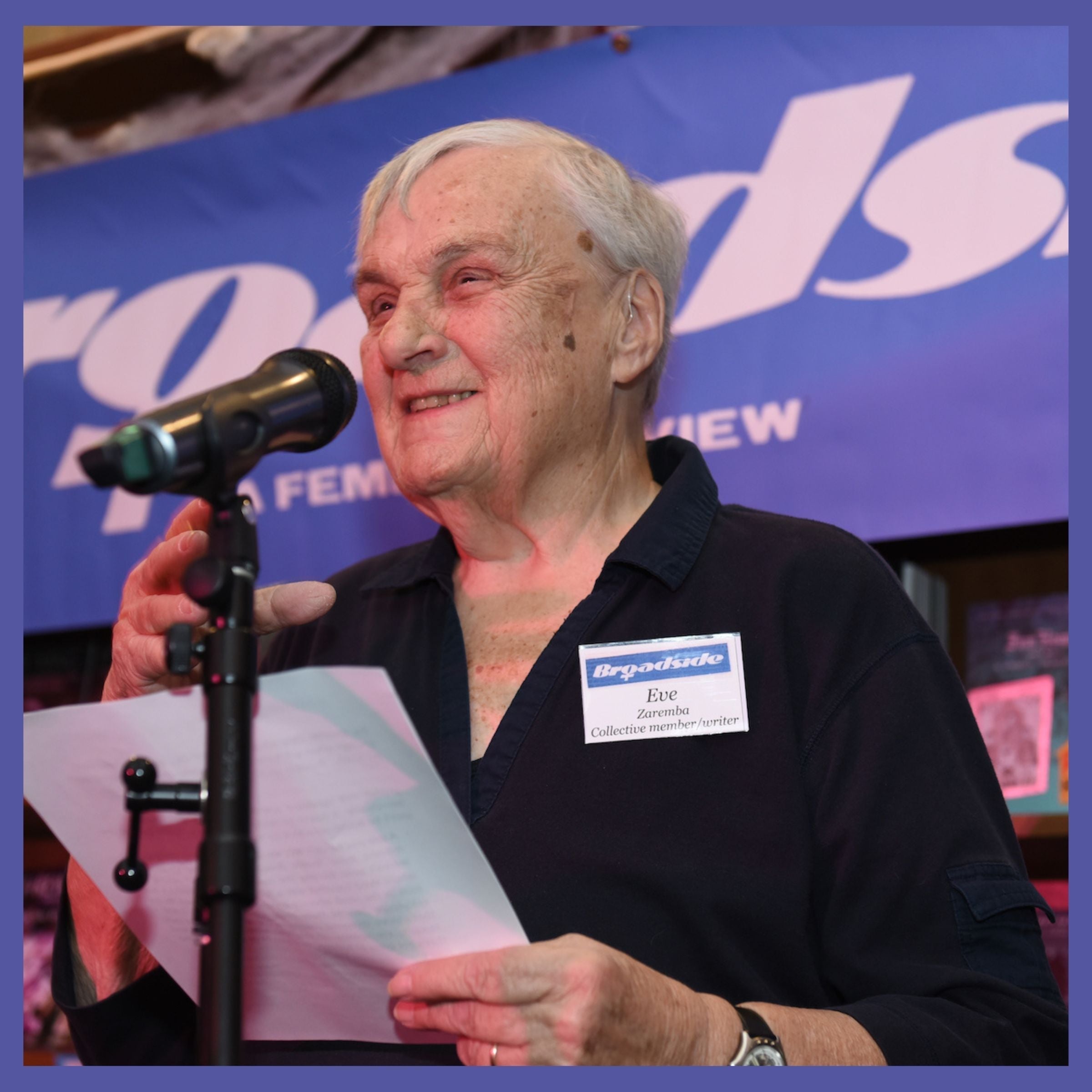By Margie Wolfe

Toronto’s first International Women’s Day march was organized in the mid-seventies, and I was there. In the two decades that followed, March 8th was one of the most memorable times of the year for me as it was for most feminist-identified women. The International Women’s Day (IWD) committee started weekly meetings months before the march. Different factions of the feminist and left communities struggled each year over the policies and logistics of the day. What social change should we be demanding? Who would march at the front of the parade? Could men participate? Mixed organizations? Should they be placed at the back of the march? With radical feminists, socialist feminists, lesbian feminists, and liberal feminists together with women from labour and social justice organizations trying to make decisions, the debates were not easy. And why should they have been? We were aiming to make a revolution. During the first week of March, readings, musical performances, and theatre all led to the day itself where an awe-inspiring demonstration of ten thousand marchers took over the city’s downtown, demanding “bread and roses”—basic human rights and equality together with all that brings joy to our lives.
I sometimes wonder if younger generations of women understand what March 8th meant to us then and why it holds its significance today. As late as 1982, members of parliament laughed when violence against women was raised in the Commons. Sexual harassment was mostly a non-issue as was family violence. Group daycare was under fire from those who argued working women were destroying the family. A woman had to get a man to co-sign for a loan even if she had a job. Those jobs were paid with 55 cents on the male dollar. I remember escorting women to protect them from anti-choice protestors trying to block the entrance to the Morgentaler Clinic, which was bombed in 1992 along with the Toronto Women’s Bookstore.
With these issues and more, there was no question about the need for a day of demonstration called International Women’s Day. But the day is more than that. It is also about celebration—celebrating who we are as women, our history, our struggles, and our contributions, most of which remain invisible and unrecognized. We feminist book publishers all those years ago aimed to articulate the concerns, needs, and hopes of this burgeoning and exciting women’s movement.
Today, International Women’s Day is no less significant. Many of the issues that confronted us decades ago are still with us. Second Story Press is still publishing books about violence against women, about choice, telling women’s stories, and reminding us that the struggle is not over. We are doing feminist-inspired books for children as younger generations of feminists are demanding that issues we previously overlooked are examined now. Decades ago, public feminist organizing mostly featured white women, often from middle-class and privileged communities. We didn’t particularly encourage Black, Indigenous, and other women of colour, or women with disabilities, to make decisions with us. Today, many of these women are leading the way, reminding us of their specific struggles, history, and accomplishments, and demanding we all do much better as we build toward a more just, equitable society. The struggles and the celebrations are not over.
Sisterhood is still powerful. Happy International Women’s Day!
Toronto’s first International Women’s Day poster, was designed in the mid-seventies by Gail Geltner.
Margie Wolfe has worked in feminist book publishing for forty years. She has written Women’s Studies guides and co-edited several book collections including Still Ain't Satisfied: Canadian Feminism Today, No Safe Place: Violence Against Women and Children, Found Treasures: Stories by Yiddish Women Writers, and From Memory to Transformation: Jewish Women’s Voices. She co-wrote the children’s picture book The Promise, which tells the story of her mother and aunt’s survival in Auschwitz during the Holocaust, with her cousin Pnina Bat Zvi. She and three other women founded Second Story Feminist Press in 1988.



